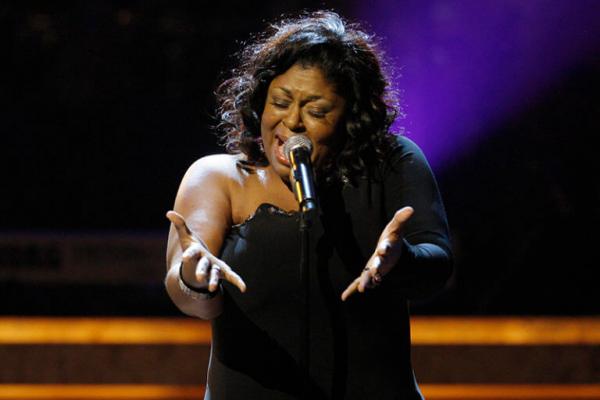Jan 11, 2017
The backlash to gospel singer Kim Burrell’s homophobic rant was swift: canceled national television appearances and the termination of her local public radio show.
But to those of us in religious communities, it’s important to note that, even as the controversy over Burrell’s statement recedes from the national spotlight, the issue of what goes on in the vast majority of American churches remains a festering wound.
Read the Full Article

Already a subscriber? Login
